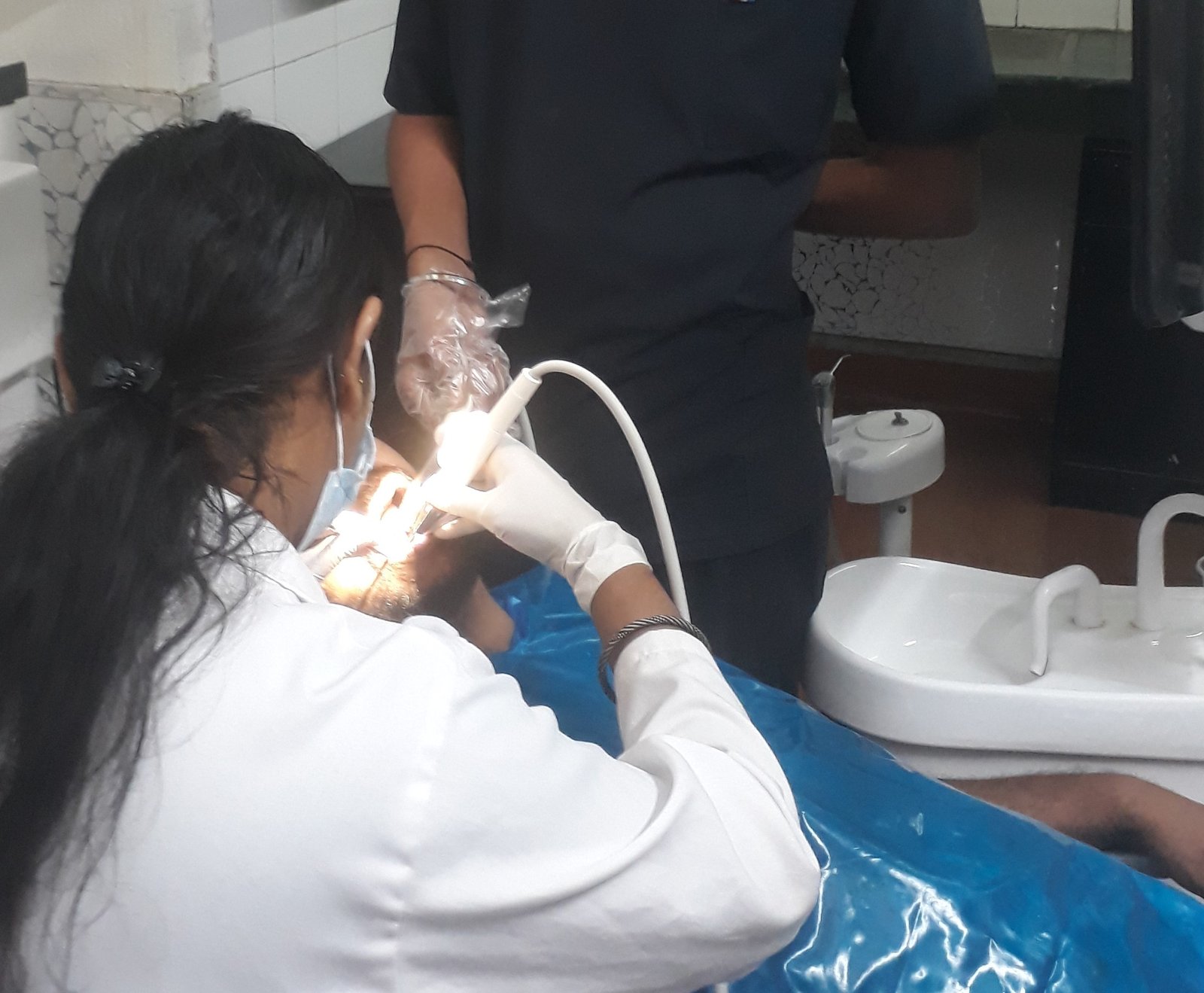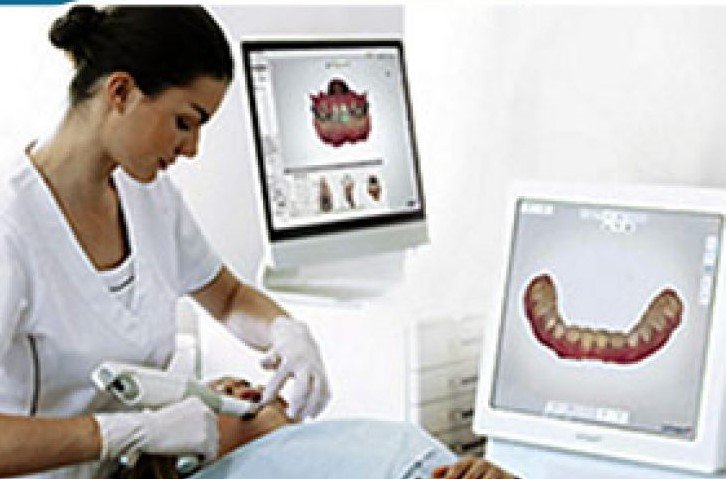
Advantages of Certified Clinical Training Courses in India
Enhance Clinical Skills
While dental school provides a strong foundation in dentistry, it cannot cover everything. Clinical training courses provide an opportunity to further enhance your clinical skills and knowledge, helping you to become a more competent dentist. These courses provide practical experience that allows you to hone your skills and apply what you have learned in a real clinical setting.
Gain Hands-On Experience
Dental students and fresh dentists often lack the hands-on experience that is crucial to becoming proficient dentists. Certified clinical training courses provide ample opportunities to work with patients under the guidance of experienced dentists, allowing you to gain invaluable hands-on experience in a safe and supervised environment.
Learn New Techniques and Technologies
Dentistry is a constantly evolving field, with new techniques and technologies being developed all the time. Certified clinical training courses provide an opportunity to learn the latest techniques and technologies, giving you an edge over other dentists who may not have undergone such training.
Boost Confidence
As a fresh dentist, it is normal to feel a bit nervous when treating patients. Certified clinical training courses provide an opportunity to build confidence in your abilities and gain a sense of independence in your work. The more confident you are, the better you will be able to perform in your job.
Expand Career Opportunities
Having completed a certified clinical training course can expand your career opportunities in several ways. For example, you may be able to work in a specialized area of dentistry, such as implantology or orthodontics, which may require additional training. Alternatively, you may be able to work in a different country where your certification is recognized, opening up a whole new world of career possibilities.
Popular Certified Clinical Training Courses in India
Implantology is a specialized area of dentistry that deals with dental implants. This course provides a comprehensive understanding of implant dentistry, including diagnosis, treatment planning, and implant placement.
Endodontics
Endodontics is a branch of dentistry that deals with the treatment of dental pulp and root canals. This course covers the latest techniques and technologies in endodontics, including root canal therapy, retreatment, and microsurgery.
Prosthodontics
Prosthodontics is a branch of dentistry that deals with the restoration and replacement of teeth. This course covers the latest techniques and technologies in prosthodontics, including crowns, bridges, dentures, and implants.
Orthodontics
Orthodontics is a specialized area of dentistry that deals with the alignment and correction of teeth and jaws. This course covers the latest techniques and technologies in orthodontics, including braces, aligners, and orthognathic surgery.
Periodontics
Periodontics is a branch of dentistry that deals with the prevention, diagnosis, and treatment of gum diseases. This course covers the latest techniques and technologies in periodontics, including scaling and root planing, gum surgery, and implant-supported prosthesis.
Eligibility Criteria for Certified Clinical Training Courses in India
Educational Qualifications
Most courses require you to have completed a Bachelor of Dental Surgery (BDS) or equivalent degree from a recognized institution.
Minimum Age Requirement
You must be at least 21 years old to apply for most certified clinical training courses in India.
Language Proficiency
Most courses are conducted in English, so you must have a good command of the language to be able to understand and communicate effectively.
How to Apply for Certified Clinical Training Courses in India
Application Process
You need to fill out an application form and submit it along with all the required documents, including your educational certificates, passport-size photograph, and identity proof.
Course Duration and Fees
The duration and fees of the course vary depending on the course and institution you choose.
Selection Process
The selection process usually involves a written examination and/or an interview to assess your knowledge and skills.

